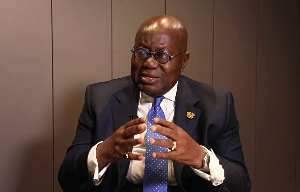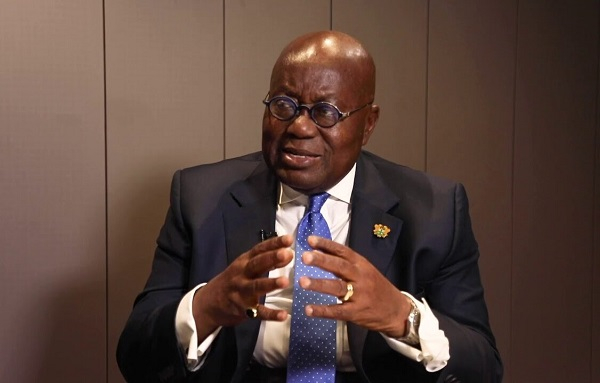 Former President Nana Addo Dankwa Akufo-Addo
Former President Nana Addo Dankwa Akufo-Addo
Former President Nana Addo Dankwa Akufo-Addo has admitted that economic challenges and frequent public protests during his tenure negatively affected his government’s popularity.
He attributed much of the economic turmoil to the global health crisis, which significantly impacted economies worldwide, including Ghana, resulting in a sharp decline in the country’s financial stability.
According to a report by citinewsroom.com, he made these remarks during the launch of a book authored by former Nigerian Military President, General Ibrahim Babangida, on Thursday, February 21, 2025, in Abuja.
Akufo-Addo reflected on the economic turbulence that characterised his presidency, particularly during the COVID-19 pandemic.
The former president acknowledged that the resulting economic hardships fueled widespread public dissatisfaction, leading to multiple protests across the country.
While he noted that the demonstrations were not as intense as the Structural Adjustment Programme (SAP) riots that shook Ghana and other African nations in the 1980s, he conceded that they were significant enough to erode public confidence in his administration.
“We faced a major economic crisis and with the world’s capital markets close to us, we ended up going to the IMF. Not an easy decision to make. The economic difficulties brought people onto the streets.
“I will say that even though the demonstrations were not on the scale of the SAP riots that are recalled and described in the book, they were serious enough, feeding into the growing disaffection against the government”, he noted.
During Akufo-Addo’s tenure, protests erupted over political, economic, and environmental issues. The ‘Enough is Enough’ demonstration by the National Democratic Congress (NDC) challenged the Electoral Commission’s transparency, while the Democracy Hub protest, organised by a group of activists to demand economic reforms and an end to corruption, escalated into broader unrest.
Workers of the Volta River Authority (VRA) also opposed a proposed power sector merger over job security concerns. These protests fueled public dissatisfaction and weakened confidence in his administration.
JKB/AE
b>Meanwhile, you can also watch the latest compilation of Twi news below:
